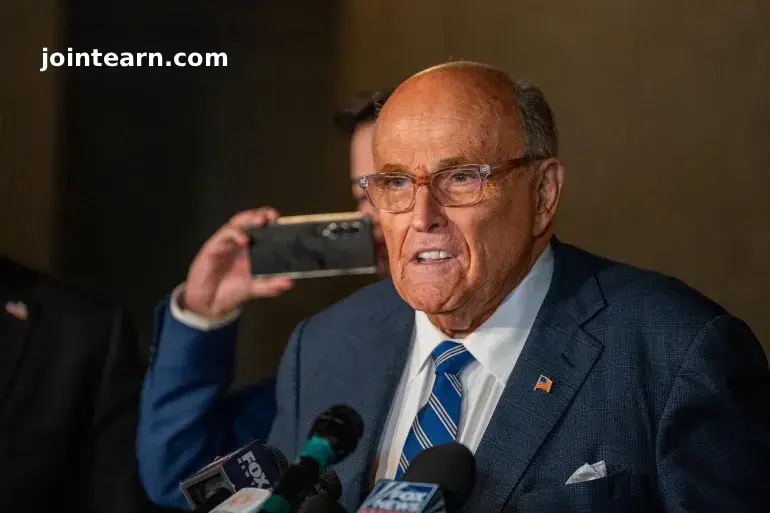
US President Donald Trump has issued a series of presidential pardons to supporters and aides accused of attempting to overturn the results of the 2020 presidential election, continuing his narrative that the election was marred by widespread fraud. The pardons were announced late Sunday and include high-profile figures such as Rudy Giuliani, Trump’s former personal lawyer, and Mark Meadows, his former chief of staff, alongside dozens of so-called “alternate electors” who were organized to challenge President Joe Biden’s victory.
Who Received the Pardons?
Key figures included in Trump’s pardons:
- Rudy Giuliani – Former New York City mayor and Trump attorney involved in post-election legal strategies.
- Mark Meadows – Trump’s ex-chief of staff, deeply involved in transition-period efforts to contest election results.
- John Eastman and Kenneth Chesebro – Lawyers accused of pressuring then-Vice President Mike Pence to refuse certification of Biden’s victory.
- Numerous alternate electors – Individuals chosen to submit illegitimate Electoral College votes in support of Trump.
Notably, the pardons are largely preemptive, as most recipients are not facing federal charges. Some, however, remain under investigation or indicted at the state level in Arizona and Georgia, where presidential pardons do not apply.
The Fake Electors Scheme
As part of the effort to overturn the election, Trump allies organized alternative slates of electors to cast votes in favor of the Republican candidate, despite official state results confirming Biden’s victory. Several states have since filed criminal charges over the “fake electors” scheme.
Trump himself was previously indicted over his post-election activities at the federal level, though the case was dropped after he was re-elected. In Georgia, he continues to face charges for allegedly pressuring state officials to “find 11,780 votes” to overturn the state’s results. These proceedings have been delayed following disqualification of the lead prosecutor due to a conflict of interest.
Trump’s Justification and Public Statements
Trump’s administration framed the pardons as protecting individuals targeted for political motives. Department of Justice official Ed Martin noted that the pardons covered “alternate electors and their affiliates” who faced scrutiny under the Biden administration.
Trump continues to deny any wrongdoing regarding his actions after the 2020 elections, calling related charges a “witch hunt”. He also previously claimed early in the vote count that the election was “rigged” and falsely declared victory.
Context: January 6, 2021, and Prior Pardons
The pardons are part of a broader pattern of clemency for Trump loyalists involved in post-election controversies:
- Participants in the January 6 Capitol riot were pardoned when Trump returned to the White House on January 20, 2021.
- The newly pardoned individuals represent a continuation of Trump’s efforts to protect allies connected to attempts to subvert the democratic process.
These actions have sparked criticism and concern among Democrats and legal experts about accountability and the precedent set for challenging election results.


Leave a Reply